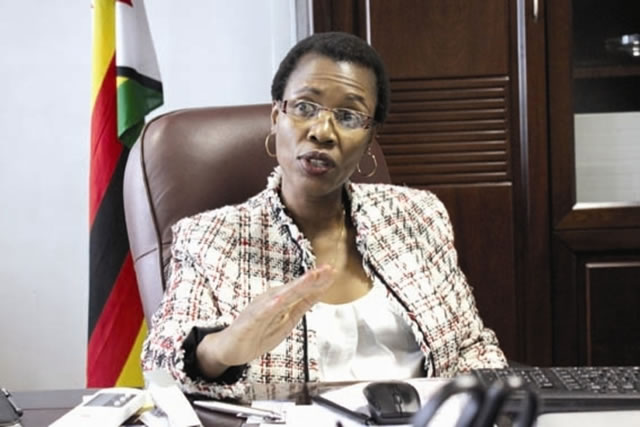Criminal law faces major overhaul

 Lloyd Gumbo Senior Reporter
Lloyd Gumbo Senior Reporter
Parliament is preparing a massive overhaul of provisions in the Criminal and Procedure and Evidence Act that will see the relaxation of bail conditions for many categories of crime.
There was concern that some sections in the Act were infringing on citizens’ rights.
Some of the changes to be implemented as part of re-alignment of existing laws to the new Constitution include outlawing denial of bail on white collar crime suspects as well as invocation of Section 121 of the Act.
This section allows the State to have the accused remain in custody for seven days despite being granted bail by the courts.
The Parliamentary Legal Committee is going through the Criminal and Procedure and Evidence Amendment Bill with the intention of aligning it with the Constitution that has been hailed as defending human rights.
The PLC is responsible for determining whether a Bill, if passed into law, would contravene the declaration of rights or any section of the Constitution.
Only Constitutional Bills are not referred to the committee.
The changes, if approved by the rest of MPs, would go a long way in protecting the rights of accused persons and witnesses.
The committee is made up of five members, Cde Jonathan Samkange, who was appointed as chairperson when he was an Independent MP, Cdes Fortune Chasi and Thokozile Mathuthu (both of Zanu-PF) and Mr Innocent Gonese and Ms Jessie Majome (both of MDC-T).
Cde Samkange said the committee wanted to ensure that the Act complied with the Constitution in protecting human rights.
“The intention is to outlaw provisions that are contrary to the Constitution like Section 121 of the Act, where it’s being invoked even for small crimes,” he said.
“If it is outlawed, this allows the police to do proper investigations and satisfy themselves that indeed there is a crime before arresting someone. Denying someone bail can be considered pre-punishment when the court has not yet made a determination of whether the accused actually committed the crime.”
Some quarters believe the Section was open to abuse as the State could invoke it willy-nilly even when suspects were of fixed aboard and unlikely to interfere with the investigations.
Cde Samkange said they also wanted to prepare a schedule to the Act that would clearly spell out the kind of crimes that warranted detention.
He said this would also help in reducing congestion in remand prisons.
“The issue is we will also deal with detention. We want to reduce it because we cannot have everyone who is arrested being detained. Detention must only be applicable on crimes that warrant custodial sentence.
“At the moment the police are congesting people in remand even for white collar crimes such as fraud that can be dealt with by way of summons. Surely one cannot be detained for assault so those are some of the things that we want to be outlawed.
“You cannot have people being denied bail for crimes such as abuse of office, corruption or assault. The schedule will clearly indicate the kind of crimes that warrant detention such as murder and rape,” said Cde Samkange.
He said the police were also expected to ask a suspect at the time of arrest if they had a lawyer or if they needed legal aid that the State was expected to provide.
Cde Samkange said they also wanted to outlaw treatment of witnesses by the police as if they were under arrest.
“For instance, at the moment the police demand that witnesses appear before the police without fail and they are threatened that failure to attend would be treated as if they sought to defeat the course of justice.
“The police have no right to demand that and treat witnesses as if they were under arrest. Instead, the police should go where the witness feels that it is convenient for them even if it is at their residence and record a statement.
“Also the onus to produce documents relating to a case should be provided by the complainant. The police have no right to demand documents from a witness or the accused because the Constitution is very clear that it is against self-incrimination.
“As a lawyer, I have strong views on these things because I have seen them being abused. These are some of the things that we will consider,” said Cde Samkange.











Comments